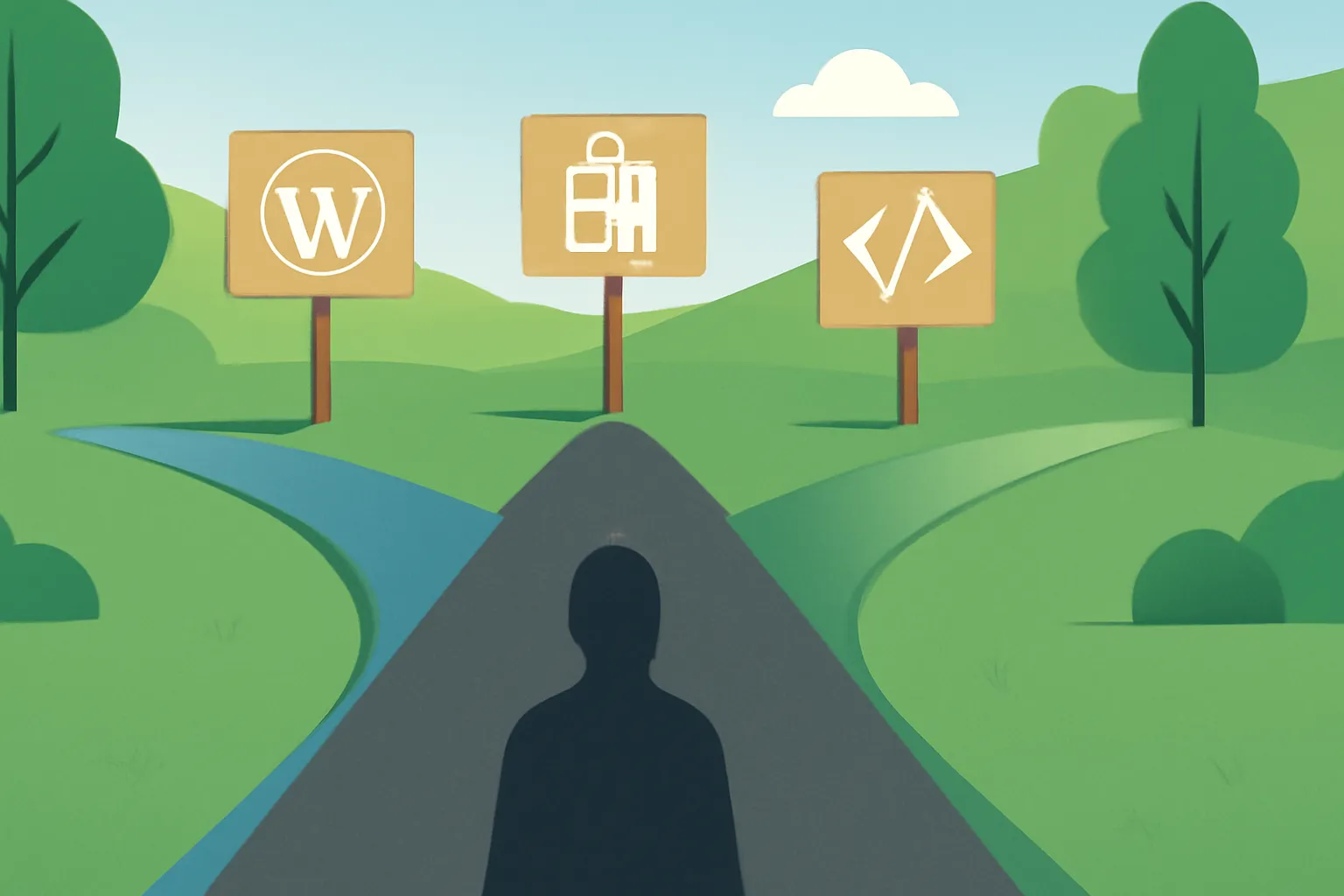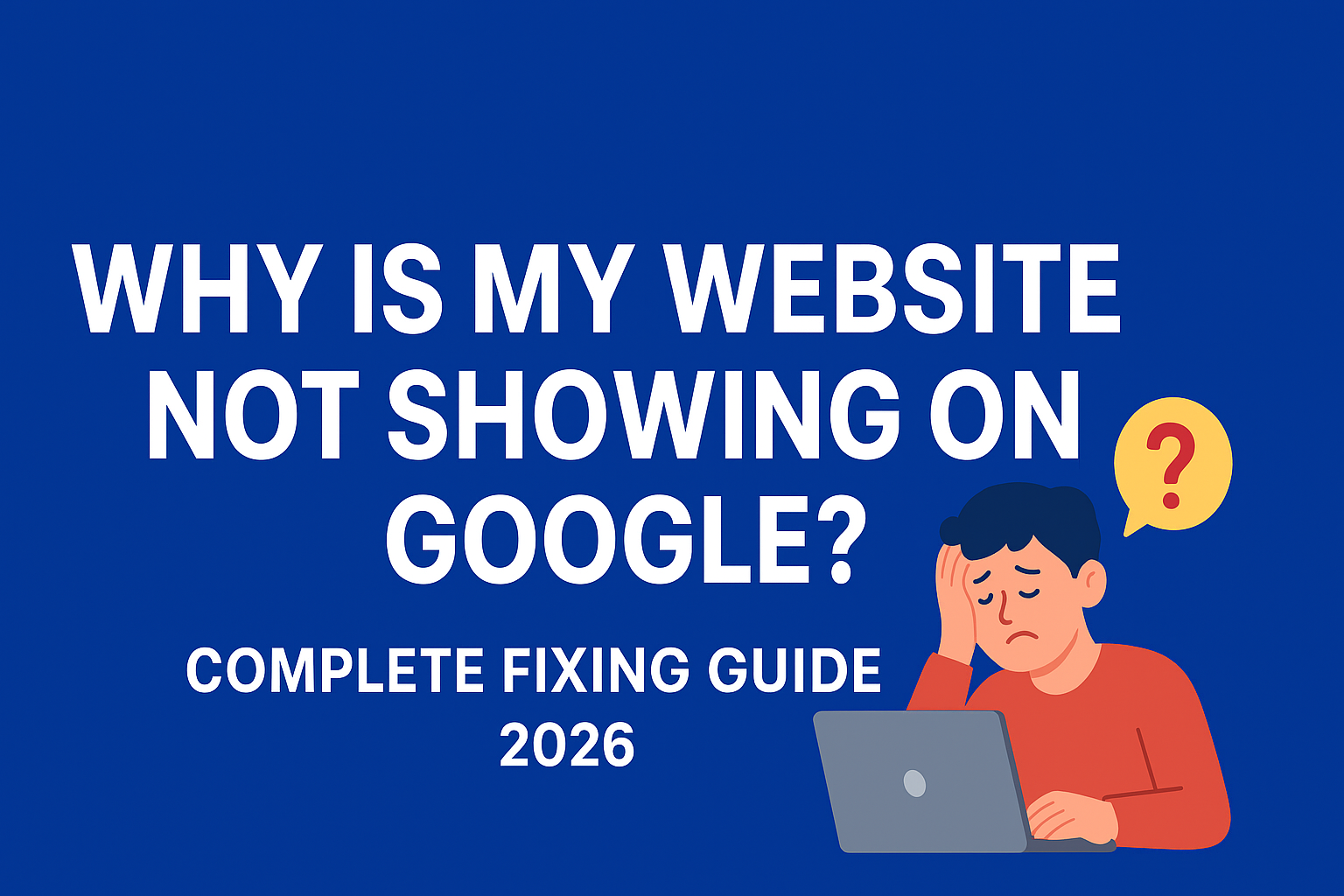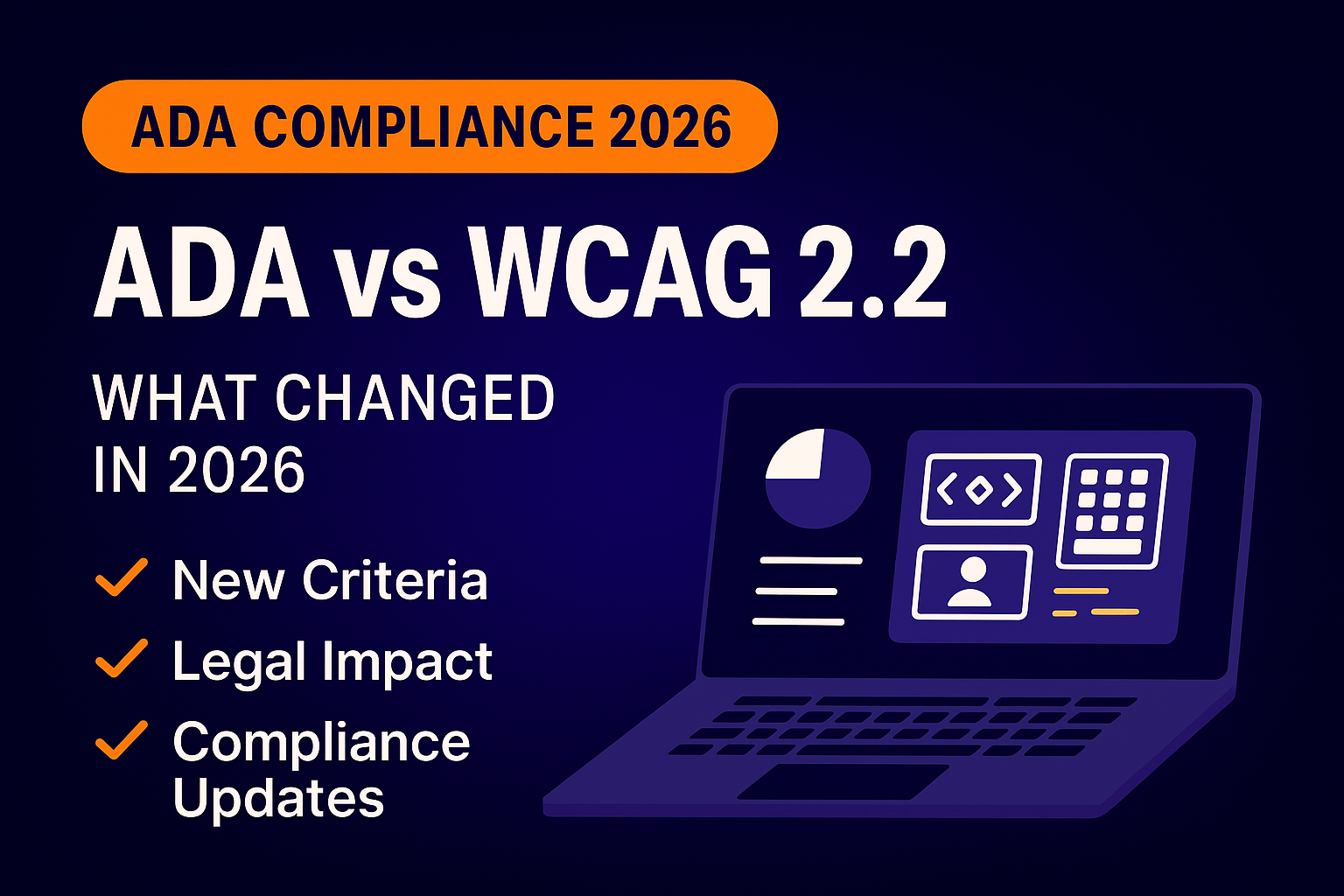For any business in California—or across the U.S.—choosing the right platform for your website is one of the biggest decisions you’ll make. Your website is more than a digital brochure. It’s your sales hub, your brand’s storefront, and often the first impression customers have of you. That means the platform you build on matters.
The three most common choices are WordPress, Shopify, and custom web development. Each comes with advantages, trade-offs, and costs. Picking the wrong one can leave you stuck with scaling issues, clunky workflows, or wasted development dollars. But the right choice? It will save you time, money, and help your business grow seamlessly.
This guide breaks down the differences so you can make an informed decision.
Why Your Choice of Platform Matters
Think about your website as the foundation of your digital presence. If the foundation is weak, no matter how beautiful the design, it won’t hold up as your business grows.
A California-based retail brand that wants to expand into ecommerce will need different features than a local service provider aiming to showcase expertise. That’s why platform choice is not one-size-fits-all. It should reflect your goals, budget, and long-term growth plans.
Your platform impacts:
- How easily you can update your site
- Your website’s speed and SEO performance
- Security and scalability
- Integration with marketing and sales tools
- Long-term ownership and flexibility
Let’s explore the three options in depth.
WordPress: Flexible, Scalable, and Widely Used
WordPress powers over 40% of all websites worldwide (W3Techs)—and for good reason. Its appeal comes from flexibility.
Key Advantages of WordPress
- Endless possibilities – From simple blogs to complex ecommerce stores with WooCommerce, WordPress adapts to your needs.
- Plugin ecosystem – With thousands of plugins, you can add almost any feature imaginable—SEO tools, booking systems, membership portals, and more.
- SEO power – Plugins like Yoast SEO and Rank Math allow businesses to fine-tune on-page optimization, making WordPress a strong choice for organic growth.
- Ownership and control – You own your site, your hosting, and your data. That means no lock-in and complete creative control.
For businesses in competitive markets like California, WordPress often shines for content-driven strategies and long-term scalability.
Potential Drawbacks
- Maintenance required – WordPress needs regular updates for themes, plugins, and security patches.
- Performance issues – If not optimized, sites can get bloated and slow.
- Learning curve – Non-technical users may need support for setup and troubleshooting.
Best Fit for WordPress
- California SMBs focused on SEO-driven lead generation
- Service-based businesses (lawyers, doctors, consultants)
- Companies needing scalable, content-heavy websites
Shopify: Built for Ecommerce Success
Shopify has become the go-to platform for ecommerce businesses. From small boutiques to global fashion brands, it’s designed specifically for online sales.
Key Advantages of Shopify
- All-in-one solution – Hosting, security, payment gateways, and inventory management are built in.
- Ease of use – No coding skills required; store owners can launch quickly.
- Seamless integrations – Connects easily with POS systems, marketplaces, and social platforms.
- Mobile-first – Themes are optimized for shopping on the go.
For California businesses wanting to start selling online fast, Shopify provides a plug-and-play solution.
Potential Drawbacks
- Limited customization – While themes and apps cover most needs, you may hit walls with advanced functionality.
- Ongoing costs – Apps and transaction fees add up.
- Less SEO control – Great for product SEO, weaker for content-heavy strategies.
Best Fit for Shopify
- Ecommerce startups in California
- Brick-and-mortar retailers expanding online
- Businesses prioritizing speed-to-market and simplicity
Custom Web Development: Full Control and Unique Design
Custom web development means building your website from scratch—no templates, no plugin reliance.
Key Advantages of Custom Development
- Total flexibility – Create unique workflows, advanced integrations, or app-like experiences.
- Performance optimization – Clean, custom code runs faster and scales better.
- Differentiated branding – Stand out with a completely unique look and feel.
- Compliance ready – Tailor solutions for industries like healthcare, finance, or government.
Potential Drawbacks
- Higher costs – Development ranges from $10,000 to $100,000+ depending on scope.
- Longer timelines – Building from scratch takes time.
- Maintenance – Requires an ongoing developer relationship.
Best Fit for Custom Development
- Enterprises with complex integrations
- SaaS startups or marketplace platforms
- Brands demanding unique, scalable solutions
Comparing Costs: WordPress vs. Shopify vs. Custom
When budgeting, consider not only the initial cost but also long-term expenses.
| Platform | Upfront Cost | Monthly Cost | Long-Term Notes |
| WordPress | $2,000–$10,000 (varies) | $10–$50 hosting + plugins | Cost-effective if managed well |
| Shopify | $500–$5,000 (setup) | $39+ plans + apps + fees | Predictable costs, but add-ons stack up |
| Custom | $10,000–$100,000+ | Hosting + developer retainers | High upfront, scalable long-term |
For most California SMBs, WordPress or Shopify offer the best balance of cost and growth potential.
SEO and Marketing: How Platforms Compare
- WordPress – Best for SEO-heavy strategies (blogs, local SEO, inbound marketing). Full control with plugins and schema tools.
- Shopify – Strong for product SEO and ecommerce marketing but less flexible for long-form content.
- Custom Development – SEO can be built directly into the architecture, making it powerful for enterprises.
Case Studies: California Businesses in Action
- WordPress – A San Diego fitness brand used WordPress with WooCommerce to expand from content marketing to online sales. Their blog-driven SEO now attracts thousands of visitors each month.
- Shopify – A Los Angeles fashion retailer launched quickly on Shopify, syncing online sales with their POS. Ease of use allowed them to focus on influencer marketing.
- Custom – A San Francisco SaaS company built a custom booking platform to handle global traffic, with features no off-the-shelf CMS could match.
How to Decide What’s Right for Your Business
Ask yourself:
- What are my business goals for the next 3–5 years?
- Do I need ecommerce, content marketing, or both?
- What’s my budget for build and maintenance?
- How important is customization and scalability?
If you’re unsure, consulting with a professional agency like The Clay Media can help you evaluate your options.
Final Thoughts
Your website platform is the backbone of your digital presence. WordPress, Shopify, and custom web development all have their place, but only one will align perfectly with your vision.
- WordPress → flexibility and SEO power.
- Shopify → ease of use and ecommerce features.
- Custom → full control and differentiation.
The key is matching your choice to your goals and growth plans. By choosing the right foundation today, you’ll set your California business up for long-term success.
FAQs
Is WordPress better than Shopify for SEO?
Yes. WordPress generally offers more flexibility for SEO, especially for content-driven businesses. Shopify is good for product SEO but less customizable overall.
How much does custom web development cost in California?
Custom builds typically range from $10,000 to $100,000+ depending on features, integrations, and scale.
Can I start with Shopify and later move to WordPress or custom?
Yes. Many businesses begin with Shopify for speed-to-market and migrate later. Migration requires planning but is possible.
Which platform is best for a small business in California?
WordPress or Shopify. Choose WordPress if SEO and content are key; Shopify if ecommerce and quick setup are priorities.
How do I know if I need custom development?
If you need unique workflows, complex integrations, or enterprise-level scalability, custom development may be the right investment.
Ready to Build the Right Website for Your Business?
Choosing between WordPress, Shopify, or custom web development can feel overwhelming—but you don’t have to figure it out alone. At The Clay Media, we help California businesses find the right digital foundation to scale, grow, and thrive.
Contact us today to discuss your project and build a website that sets you apart in 2025 and beyond.





